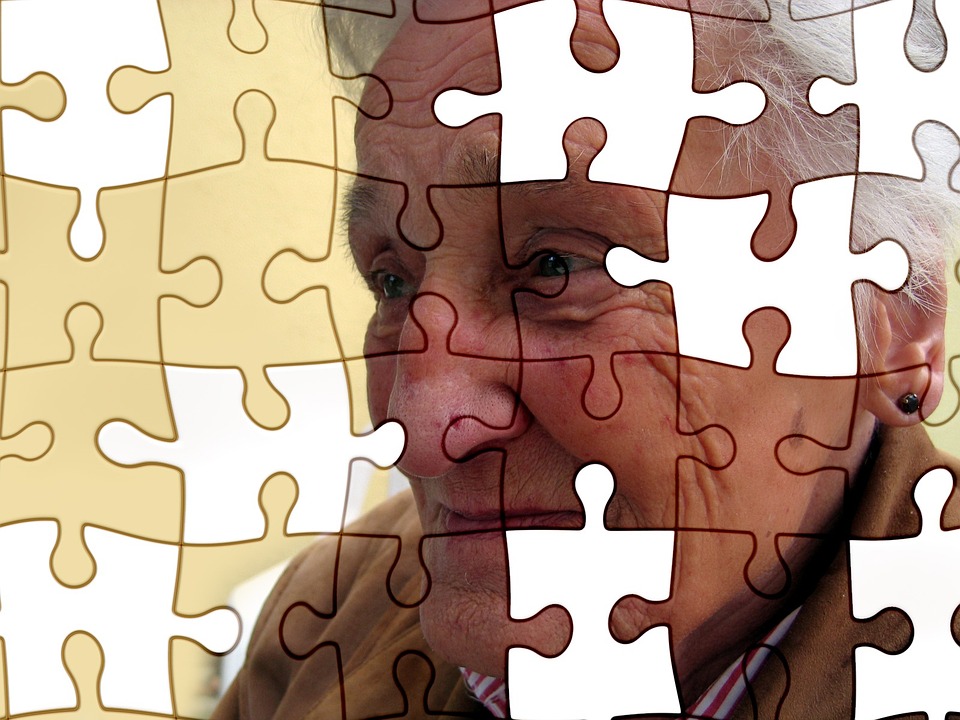
Alzheimer’s is one of the most feared brain diseases. Bit by bit, it robs people of their memory, it’s progressive and irreversible. Unfortunately, the media is riddled with stories about its symptoms, causes and prevention.
Since September is world’s Alzheimer’s month, we have decided to write this article in an attempt to dispel the myths surrounding Alzheimer’s disease.
Here are some of the most common misconceptions about Alzheimer’s disease and the truths behind them.
Myth 1: Memory loss is a natural part of aging
Over the years, people believed that going senile was just part of growing old, but please keep in mind that the disease isn’t inevitable as we age.
While age is the number 1 risk factor for Alzheimer’s disease, that doesn’t mean that you’ll develop it as you age. In fact, experts revealed that a huge percentage of seniors don’t develop it.
Myth 2: If your relatives have it, you’ll develop it too
Although genetics play a role in the development of the disease, only a small percentage (about 5 to 7%) of the cases is linked to familial genes. If you have a parent or sibling with Alzheimer’s, you have a slightly higher risk of getting the disease. Though, it’s not an assurance that you’ll get it down the road.
What’s important to understand is that people who don’t have the genes can develop the disease; while people who do can remain disease-free.
Myth 3: Only old people get Alzheimer’s
Alzheimer’s is often diagnosed in people over 65 years old, but there is such a thing as early-onset Alzheimer’s disease, which affects people at such an early age. People can get it in their 20s or 30s, but the typical age for early onset Alzheimer’s is 40s and 50s.
Myth 4: There is a cure for Alzheimer’s disease
As of today, there is still no cure for Alzheimer’s disease. However, treatments and medications can help manage the symptoms and help improve quality of life.
Myth 5: Alzheimer’s disease is not fatal
Alzheimer’s is a fatal disease. It does not only rob people of their memory, it also destroys brain cells, which leads to the failure of other essential systems in the body.
